How to Prepare for the FET Exam in One Month? A Smart Strategy for Radiology Aspirants
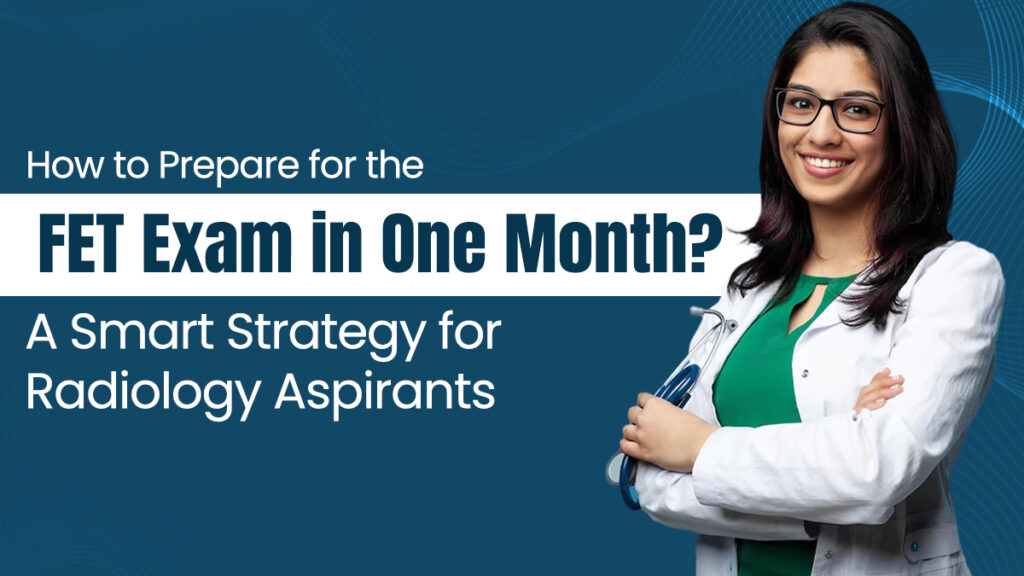
The Exam (Fellowship Entrance Examination) FET is a one of the crucial gateways for all the doctors who are aspiring to join reputable FNB programs in India. For residents who are targeting FET Radiology, the challenge lies not just in the vast syllabus, but in mastering the concepts within a limited timeline. Although, if you have one month to prepare, don’t panic; you need to focus only on high-yield, and well-structured FET Preparation Strategy. This blog highlights a realistic, one-month plan which has been tailored especially for SS Radiology and NEET SS Radiology aspirants who are appearing for the FET entrance examination, which […]
NEET SS Radiology Rank 4: Dr. Archana Maurya’s Inspiring Journey Through Residency and Exam Preparation
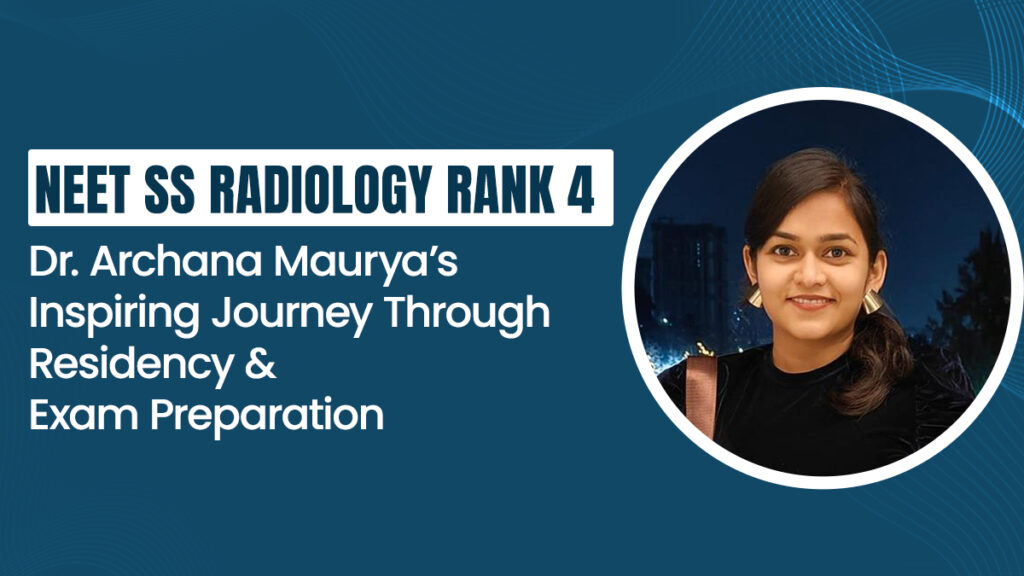
You know Dr. Archana Maurya has secured a top rank in NEET SS Radiology which is no small feat, especially in an exam that tests your years of clinical exposure, conceptual clarity, and calm decision-making. Dr. Archana Maurya, who achieved this milestone All India Rank 4, shares a wholesome journey that perfectly relatable deeply with every radiology resident, filled with self-doubt, learning curves, and steady growth. In this candid conversation with Dr. Zainab Vora, Dr. Archana has opens up about […]
Types of Balloons in Peripheral Arterial Disease (PAD) By Dr. Akhil Monga What Every Interventionalist Should Actually Understand
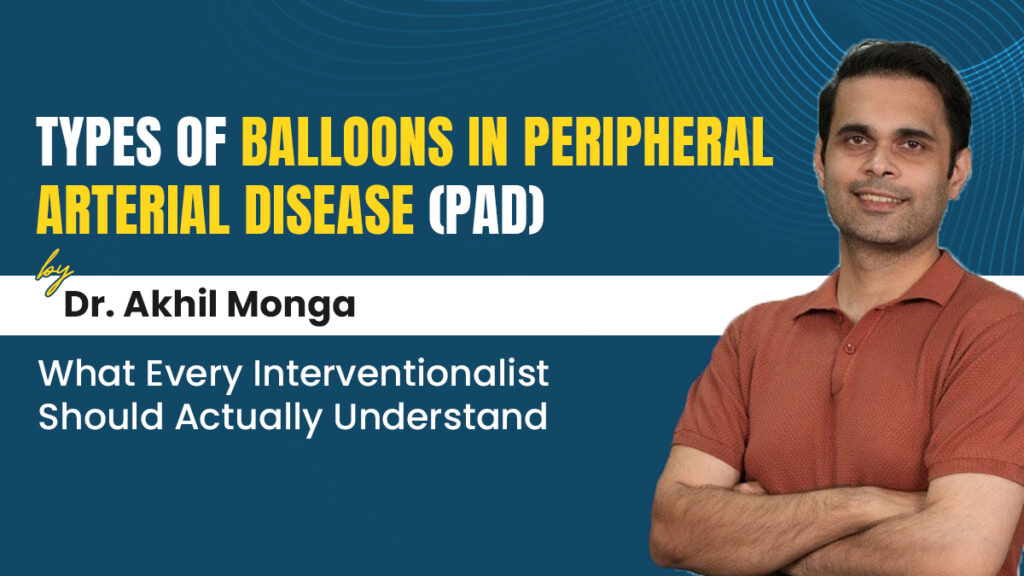
When we talk about PAD interventions, balloons are often treated as basic tools—pick the size, inflate, and move on. But in reality, balloon selection and understanding its behaviour can decide whether a procedure goes smoothly or turns complicated. This article explains how PAD balloons evolved, how they are constructed, and why their properties matter in daily practice, using practical reasoning rather than […]
What is the PDCET Exam for Radiology? A Practical Guide for DMRD Residents Preparing for DNB
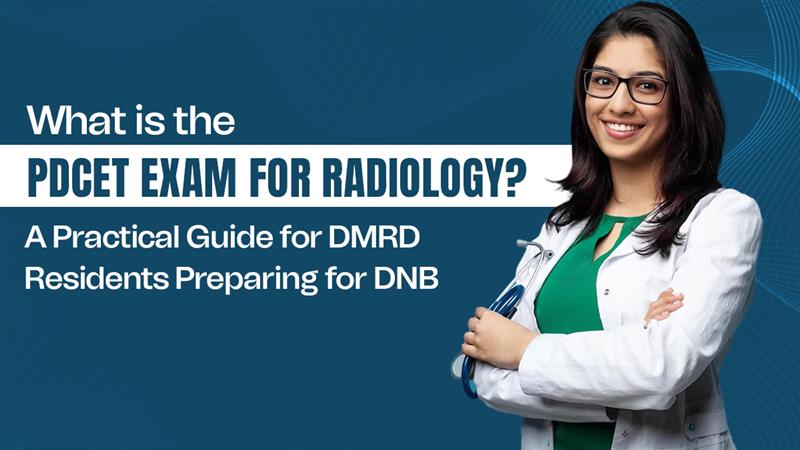
If you are a DMRD resident thinking about your next step in radiology, then PDCET is an exam you must take seriously. It is the gateway from diploma training to DNB Radiology and higher clinical practice. For most diploma holders, PDCET is not just another entrance exam. It decides where you will train next, the […]
Imaging in Postoperative Spine: What Every Radiologist Must Know By Dr. Arushi Yadav
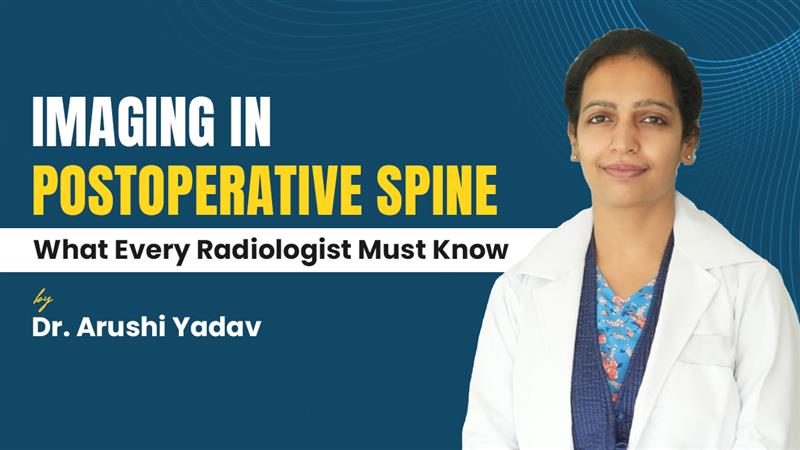
Postoperative spine imaging is one of the most demanding areas in radiology. Every scan tells a surgical story: what was removed, what was reconstructed, what needs to heal, and what might have gone wrong. For a radiologist, interpreting a postoperative spine is not just about identifying screws and rods; it is about understanding biomechanics, surgical intent, healing timelines, […]
Thinking of Radiology After MBBS? Here’s What the Career Really Looks Like
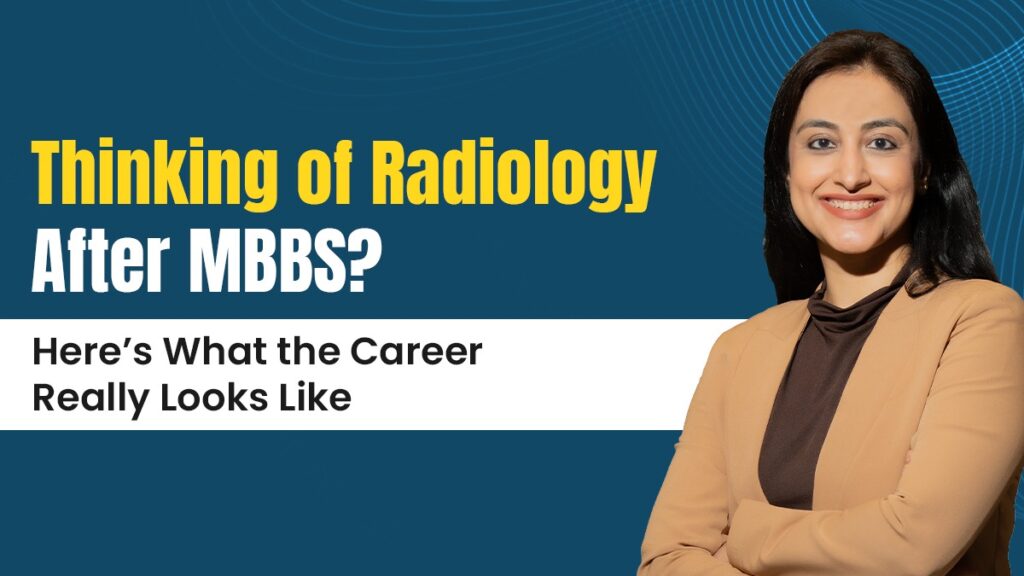
Radiology is often misunderstood. From the outside, it looks calm, with dark rooms, screens, and fewer emergencies. But anyone who has spent time in a radiology department knows the truth. Decisions made here quietly influence almost every major clinical decision in the hospital. A missed finding on a scan can change a patient’s outcome. A […]
Congenital Urinary Tract Anomalies (CAKUT) – Things We Often Miss While Reporting

Congenital urinary tract anomalies are usually grouped under one term — CAKUT, which stands for congenital anomalies of the kidney and urinary tract. Most people think this topic is only about the kidneys, but in reality, it includes the entire urinary system, from the kidneys to the ureters, bladder, urethra, and even urachal structures. This […]
Should You Choose Radiology in NEET PG Counselling? Will AI kill it? Real Career Insights with Dr. Zainab Vora
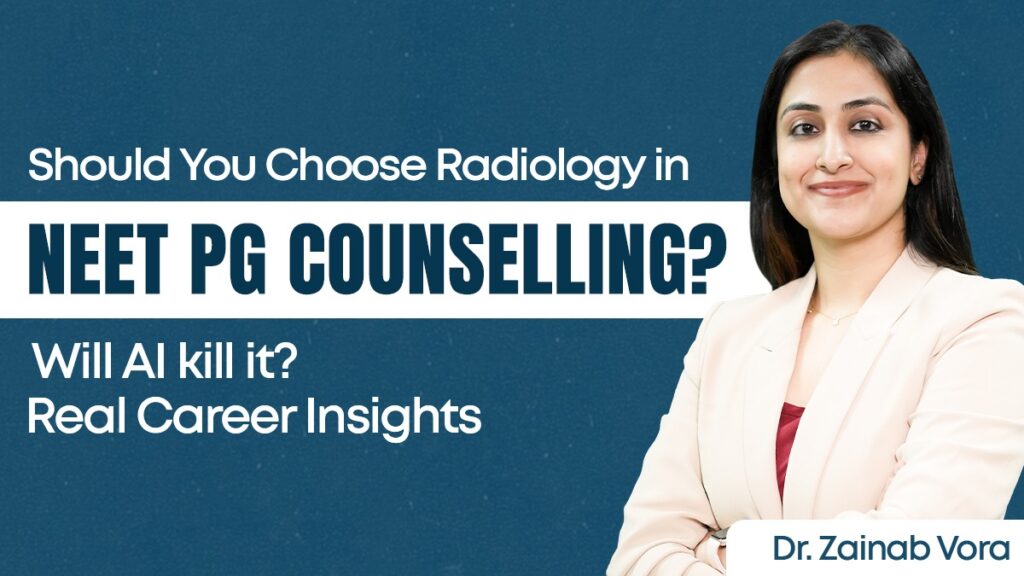
If you’re in the middle of NEET PG counselling and radiology is on your mind, you’re probably hearing a lot of noise – “best branch”, “AI will kill it”, lots of confusion. Instead of deciding out of fear or FOMO, you need a clear, honest picture of this. AI and Radiology: Will ChatGPT Take Your […]
NEET SS Radiology in One Month: Which Platform Truly Helps You Prepare Best?

Dear residents,As the NEET SS Radiology exam is just around the corner, the pressure is real—and completely understandable. This exam is known for testing you beyond basic knowledge. It’s packed with heavy image-based questions, tricky clinical scenarios, and situations where your interpretation skills matter more than anything else. And honestly, this isn’t an exam you […]
From Preparation to Result: How Conceptual Radiology Helped Crack the DNB Radiology Practical Exam
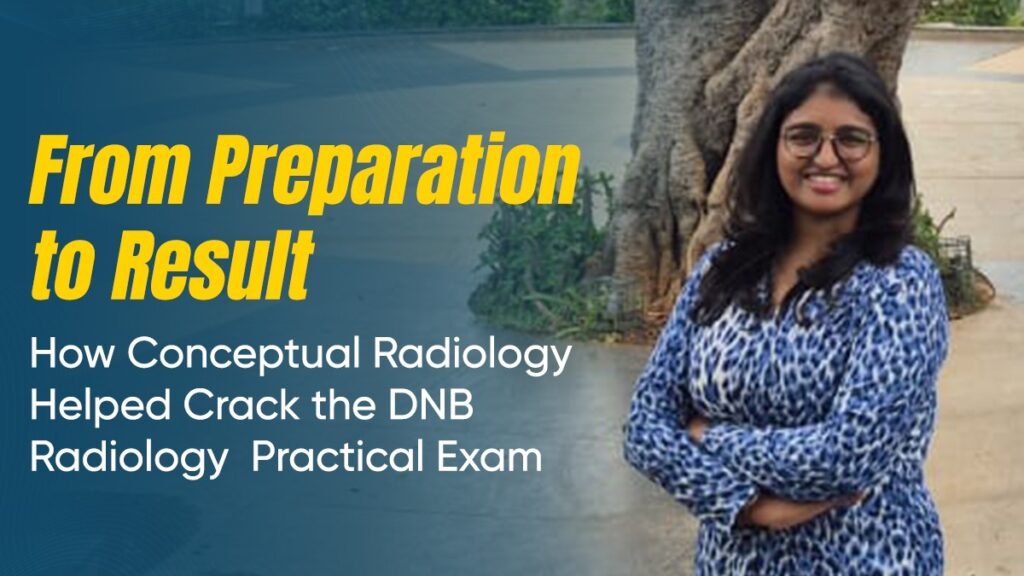
DNB practical exam results have been declared, and once again, Conceptual Radiology continues to establish itself as one of the most reliable platforms for radiology residents preparing for their DNB and MD exams. With every exam season, we witness more students achieving exceptional results—thanks to the consistent, high-yield, and exam-oriented training provided through the platform. […]
